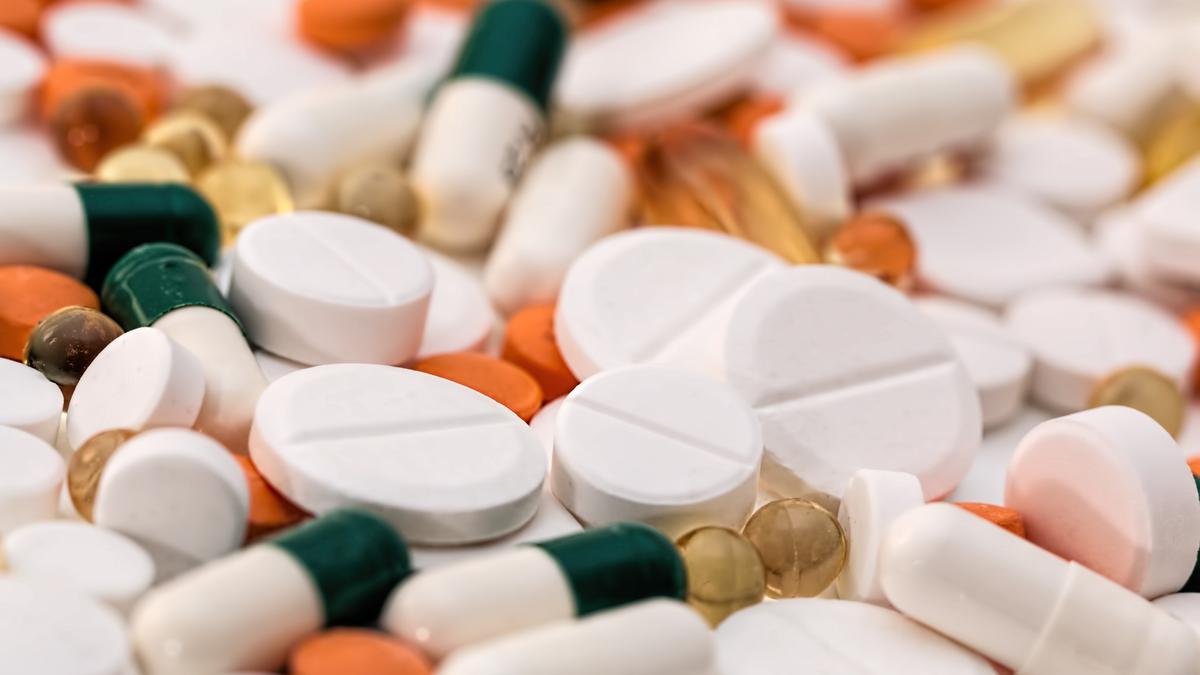
Prices of essential medicines set to see a hike from April 1
The Hindu
The price surge to set in from April 1 will mean that consumers have to pay more for routine and essential medicines, including painkillers, anti-infection drugs, cardiac drugs, and antibiotics.
Prices of 384 essential drugs and over 1,000 formulations are set to see a hike of over 11%, due to a sharp rise in the Wholesale Price Index (WPI). The price surge to set in from April 1 will mean that consumers have to pay more for routine and essential drugs, including painkillers, anti-infection drugs, cardiac drugs, and antibiotics.
Annual hikes in the prices of drugs listed in the National List of Essential Medicines (NLEM) are based on the WPI.
In its communication dated March 25, the National Pharmaceutical Pricing Authority said the annual change in WPI was 12.12% for the calendar year 2022. Last year, the National Pharmaceutical Pricing Authority (NPPA) announced a 10.7% change in the Wholesale Price Index (WPI). Every year, the NPPA announces a change in the Wholesale Price Index (WPI) in accordance with the Drugs (Price Control) Order, 2013, or DPCO, 2013.
A senior Health Ministry official said that the price hike was to ensure that there would be no shortage of medicines in the market, and that manufacturers and consumers mutually benefit. “Manufacturers will not sell at a loss and we must ensure a steady supply of essential medicines in the country. Additionally, the prices are allowed to rise in a controlled manner,’’ he said.
The source added that previously when a 10% hike was allowed, several manufacturers kept the rate under 5% because of market forces. “We are expecting a similar trend with this hike as well,’’ he added.
Malini Aisola, co-convener of the All India Drug Action Network, a group that works to promote affordable healthcare, expressed concern that the new WPI would trigger increases in the ceiling prices under the DPCO provisions for fixing prices for scheduled formulations.

The girl, who was admitted to Aster CMI Hospital with alarming breathlessness and significant pallor, was diagnosed with Wegener’s Granulomatosis (now known as Granulomatosis with Polyangiitis or GPA), a rare autoimmune condition that causes spontaneous bleeding in the lungs, leading to acute respiratory failure.

ACB files case against IPS officer N. Sanjay in Andhra Pradesh. The official is accused of manipulating the tender processes for awarding contract for development and maintenance of AGNI-NOC portal, and conducting awareness meetings for SC/STs. It is alleged that the total value of properties stolen, or involved in the case is estimated at ₹1,75,86,600.









